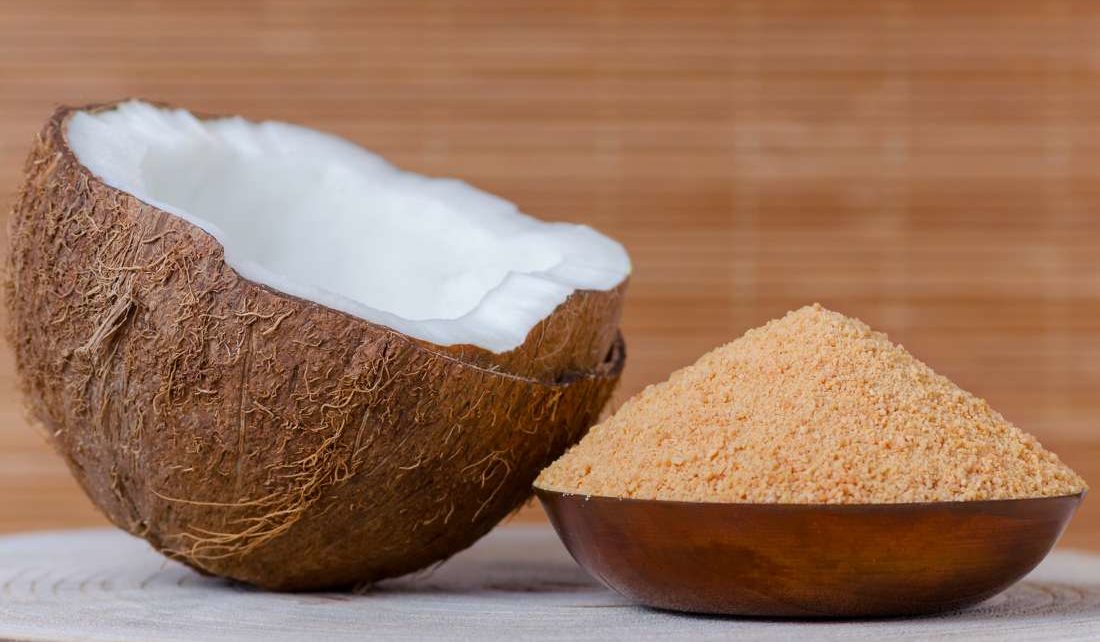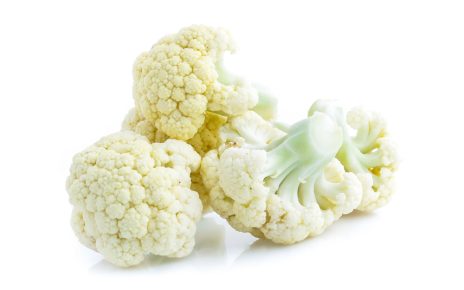Is coconut sugar keto? As the name suggests, coconut sugar is obtained from the coconut palm tree. The sap from this tree is collected and then made into a thick syrup and then crystallized to form sugar or may even be left in a paste form.
When you follow the keto diet, it is expected to stop consumption of all unnecessary of sugar. It is often advised to make use of other sugar alternatives to combat cravings to stay in ketosis.
Over the years, coconut sugar has been presented as a suitable alternative for sugar. The reason for this is that this form of sugar is unrefined and does not contain any preservatives or added ingredients. This reasoning, however, has been shown to be faulty especially when it comes to use of coconut sugar on keto.
Although coconut sugar has a lower glycemic index than regular table sugar and is obtained from a natural source, the fact still remains that it is sugar and should be avoided while on a low-carb diet.
The Macronutrients in Coconut Sugar
A teaspoon of coconut sugar gives about 15 calories. In addition to this, it contains:
Total fat – 0 gram
Carbohydrates (Net carbs) – 4 grams
Does Coconut Sugar Have the Qualities of a Good Keto Sweetener?
One important quality of a good keto sweetener is that it should not contain calories, net carbs or hidden sources of net carbs. Coconut sugar clearly does not meet this requirement. The macronutrient in coconut sugar shows that it gives more of carbohydrates and less of every other nutrient including minerals. These values are also similar to what is obtained from table sugar (about 4.6 grams of carbohydrates in one teaspoon of sugar) this means that an individual consuming coconut sugar to replace regular sugar is actually consuming about the same amount of carbohydrates as in regular sugar.
Another important characteristic of a keto-friendly sweetener is that it should have no effect on blood sugar levels. The glycemic index of coconut sugar, however, may make some assume that this type of sugar may be included on keto. This assumption stems from the fact that coconut sugar has a lower glycemic index than table sugar as such it may not raise blood sugar levels despite its carb content.
The reports of coconut sugar having a lower glycemic index than sugar cannot be used as a basis to use it on keto. One reason for this is that there is no specific value that has been obtained as the glycemic index of coconut sugar. There have been so many marketing claims that its use will not interrupt blood sugar levels but there is really no high-quality research that backs up these claims. In fact, one of those reports showed that coconut sugar has a glycemic index of 54, a value that is very close to the glycemic index of regular sugar which is usually between 60 to 65. This further shows that coconut sap sugar may still be able to cause blood sugar levels to rise in the same way as sugar.
Other Alternatives to Coconut Sugar
There are several alternatives that can be used in place of coconut sugar that have a lower glycemic index and contain little to no carbohydrates. Those that contain carbohydrates usually do not have any net carbs and so do not affect blood glucose and insulin levels. Some of these alternatives include:
- Erythritol
- Stevia
- Monk fruit extract
- Xylitol
- Yacon syrup
- Sucralose
Erythritol: This is a sugar alcohol that is an ideal coconut sugar replacement on keto. Erythritol does not has any net carbs but has about 65 to 75% sweetness of sugar. It is readily obtained from fruits and does not cause blood sugar and insulin levels to rise because it has a glycemic index. It is also classified as a zero-calorie sweetener and has been shown to have beneficial effects on the keto diet including the potential to reduce appetite and thus promote weight loss.
Stevia: this is another zero-calorie sweetener that can be used in place of coconut sugar. A high-quality stevia extract will be the best option for keto dieters because it is rich in compounds that enable it to effectively lower blood sugar level. Since it generally does not add any calories to the body, it can be included on keto to promote weight loss. It also has a low glycemic index suggesting that it will not have a negative effect on blood glucose and insulin levels.
Monk fruit: The compounds in the monk fruit extract make it much sweeter than coconut sugar and even regular sugar. Since it is much sweeter than coconut sugar, only a little is required to sweeten meals. It also does not give any calories and can aid in weight loss. As a zero-carb sweetener, the monk fruit extract will not affect blood sugar levels and it has fewer side effects and does not affect the gut bacteria compared to other low-carb, calorie-free sweeteners in the market.
Xylitol: A naturally obtained sweetener that is obtained from plants, xylitol can also serve as a coconut sugar replacement. It is a sugar alcohol that has a low glycemic index that may raise blood sugar levels but not as much as coconut sugar. The addition of xylitol on keto has also been linked to accelerating the rate of ketosis by increasing ketone levels in the body.
Yacon Syrup: This syrup is gotten from the roots of the yacon plant and has gained popularity as a suitable replacement for coconut sugar on low-carb diets. When it is added to diet, it is not digested and as a low-glycemic sweetener it gives a similar sweet taste to meals without a spike in blood glucose and insulin levels.
Sucralose: When consumed in small quantities, sucralose can also be used to replace coconut sugar. Like yacon syrup described earlier, it is also not digested by the body. Splenda is the most common form of sucralose that can be purchased in the market. Also, like the other keto sweeteners, it does not give any calories and is a low-carb sweetener.
Although these sweeteners described above are suitable for use on keto, their use is not without side effects. Some of these sweeteners are associated with diarrhoea, bloating, nausea as well as metabolic issues. Others may even leave an after taste making them difficult to use on a low-carb diet. Some brands may also add extra ingredients to enhance the taste of some of these sweeteners.
Conclusion- Is Coconut Sugar Keto
Coconut sugar is a high-carb sugar that should not be used on the ketogenic diet since its macronutrient content is very similar to table sugar. It has also been shown to increase blood sugar and insulin levels despite its low-glycemic index. It is best to make use of other sugar alternatives to coconut sugar in order to remain in ketosis. These coconut sugar replacements must meet the qualification of a good keto sweetener by not increasing blood sugar and insulin levels. Good alternatives include sugar alcohols like erythritol, xylitol and others like stevia, monk fruit extract, yacon syrup and sucralose. It is important to use only high-quality sweeteners and look out for added ingredients that may interrupt ketosis.



